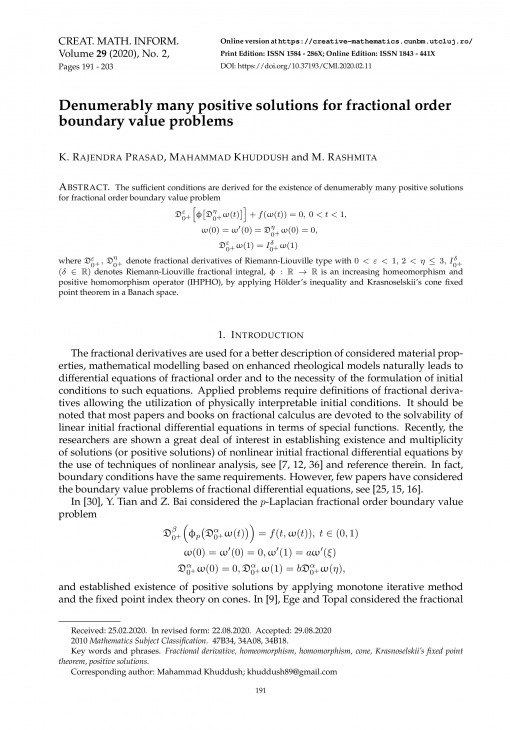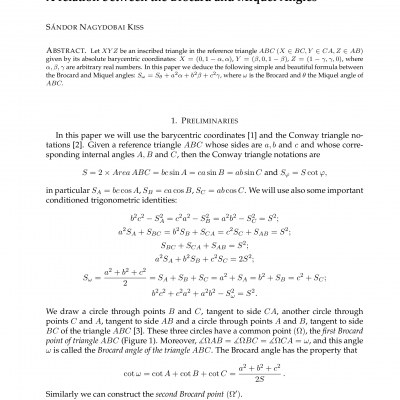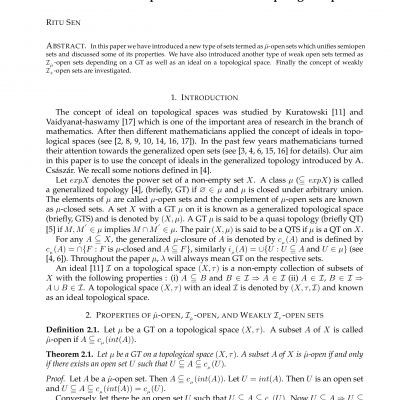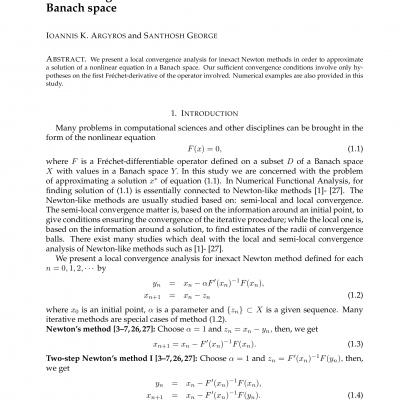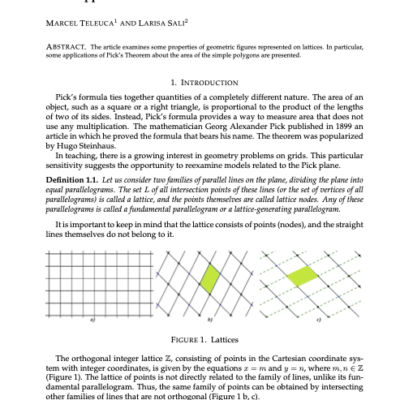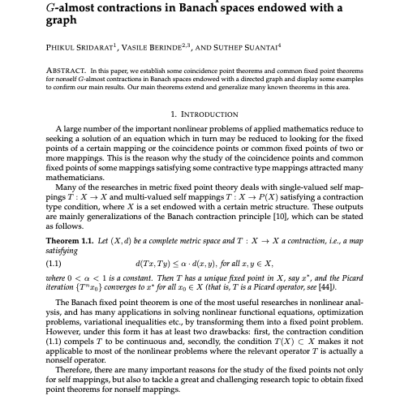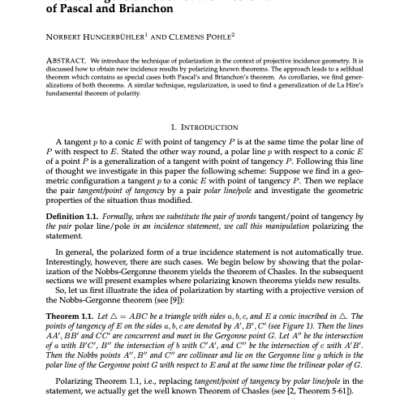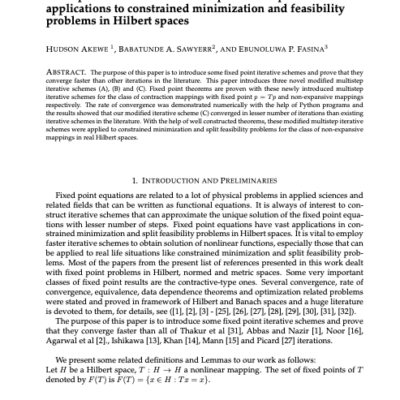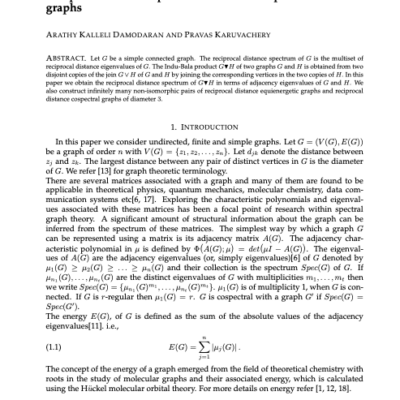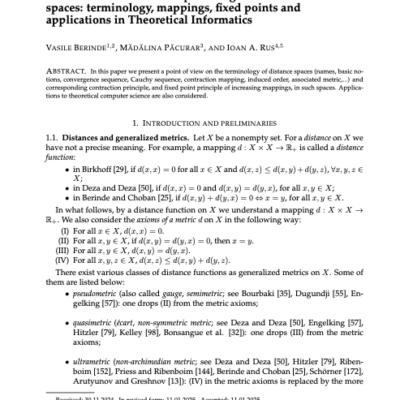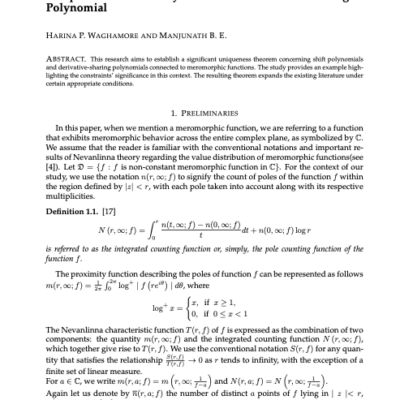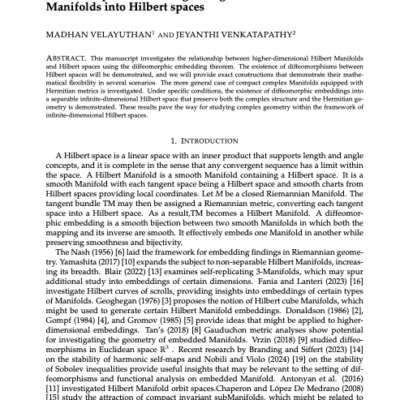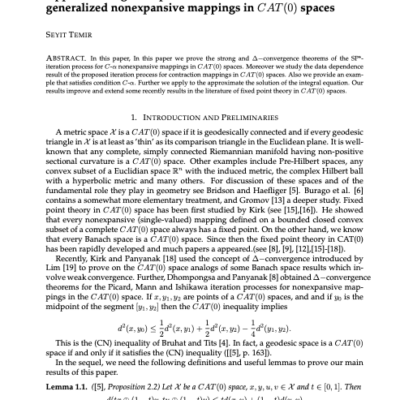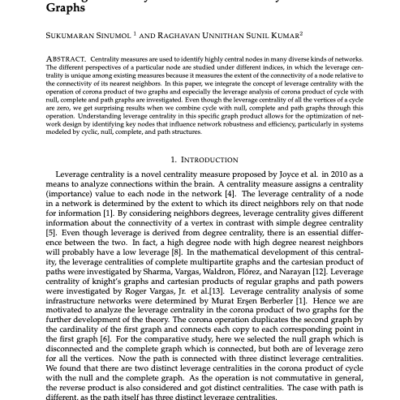The sufficient conditions are derived for the existence of denumerably many positive solutions for fractional order boundary value problem
![Rendered by QuickLaTeX.com \[\begin{aligned} &\mathfrak{D}^\varepsilon_{0^+}\Big[\upphi\big[\mathfrak{D}^\eta_{0^+}\upomega(t)\big]\Big]+f(\upomega(t))=0,~0<t<1,\\ &\hskip0.9cm\upomega(0)=\upomega^{\prime}(0)=\mathfrak{D}^\eta_{0^+} \upomega(0)=0,\\ &\hskip1.5cm\mathfrak{D}^\varepsilon_{0^+}\upomega(1)=I^{\delta}_{0^+}\upomega(1) \end{aligned}\]](https://www.creative-mathematics.cunbm.utcluj.ro/wp-content/ql-cache/quicklatex.com-132dc574755edcaa18cd761189475890_l3.png)
where ![]() denote fractional derivatives of Riemann-Liouville type with
denote fractional derivatives of Riemann-Liouville type with ![]()
![]()
![]()
![]() denotes Riemann-Liouville fractional integral,
denotes Riemann-Liouville fractional integral, ![]() is an increasing homeomorphism and positive homomorphism operator(IHPHO), by applying Hölder’s inequality and Krasnoselskii’s cone fixed point theorem in a Banach space.
is an increasing homeomorphism and positive homomorphism operator(IHPHO), by applying Hölder’s inequality and Krasnoselskii’s cone fixed point theorem in a Banach space.

